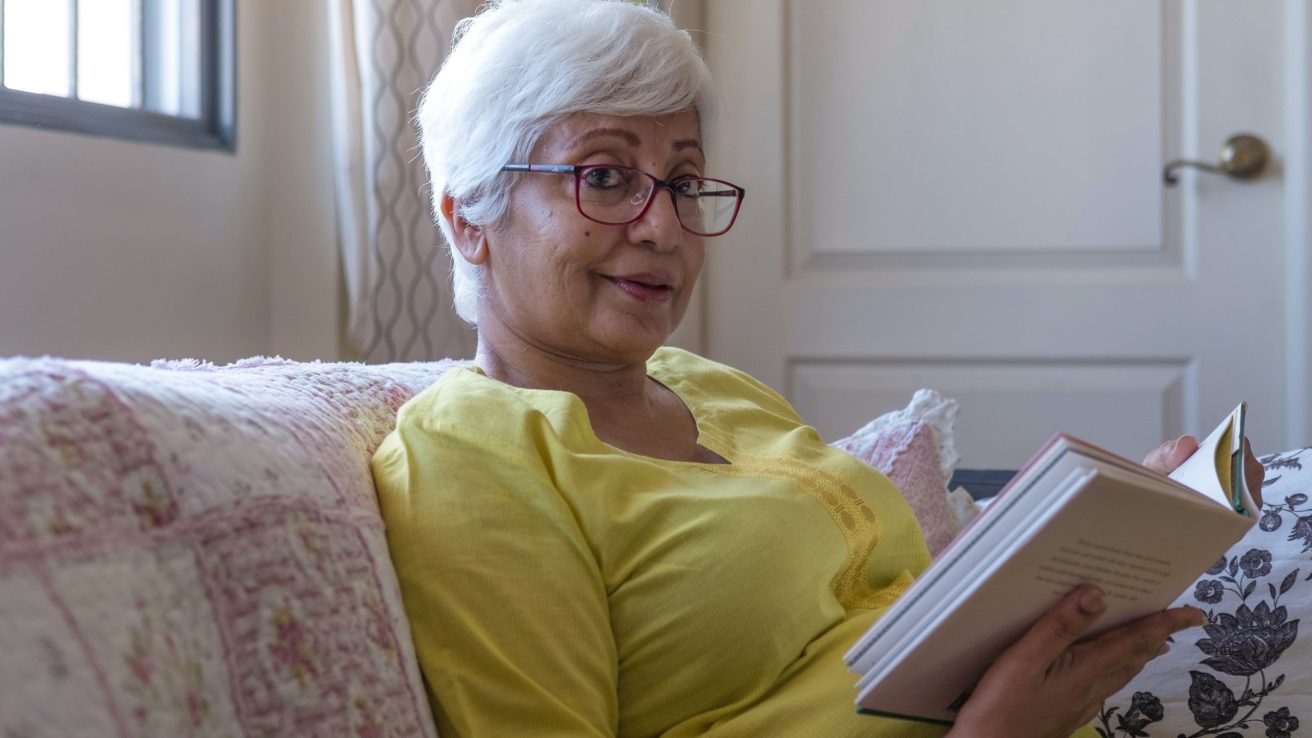Written by Nikki Meyer
Edited by Lauren Weinand, M.D.
Patients with cancer are a critical group in which to analyze COVID-19 vaccine response. This observational study, published in Blood, and presented at the 2021 ASH Annual Meeting & Exposition, examined COVID-19 vaccine response in patients with non-Hodgkin lymphomas (NHL) and chronic lymphocytic leukemia (CLL) who received the COVID-19 mRNA vaccines post-treatment with B-cell-directed therapies (BCT).
In the researchers’ previous study, they found that patients with NHL who received the COVID-19 vaccine within 9 months of BCT showed much lower rates of seroconversion (11%) compared to those of healthy individuals (100%) or nursing home residents over 65 (91.5%). These earlier results also revealed that patients with NHL had a stronger response (88%) when they received BCT more than 9 months before the vaccine.
In the updated study, which included 137 patients with NHL or CLL from the Roswell Park Comprehensive Cancer Center who had received a COVID-19 mRNA vaccine, the researchers assessed vaccine response by measuring neutrophil (N) and lymphocyte (L) counts, as well as the N/L ratio (NLR). They excluded patients with previous COVID-19 infection. Patients with NHL or CLL with blood involvement were not taken into account for the NLR calculation.
The researchers discovered that 17% of their cohort who were vaccinated within 9 months of BCT seroconverted. Factors such as age, sex, type of disease, time from end of BCT to vaccination, number of prior lines of treatment, baseline N count, and type of vaccine were not found to significantly impact the rate of seroconversion.
When performing further analysis, the researchers found that in patients being treated/previously treated with BCT, 34% mounted IgG Ab response, compared to 91.6% of patients not on BCT. In patients with NHL without blood involvement, higher L counts and NLR were associated with a significantly increased IgG Ab response to the COVID-19 vaccines. Finally, patients receiving BCT who had a higher L count were found to have a significantly higher rate of response to their vaccination.
Ultimately, this follow-up study confirmed that patients with NHL/CLL respond poorly to the COVID-19 mRNA vaccines when they are currently being treated or within 9 months of treatment with BCT. A call to action is made to continue studying specific lymphocyte subpopulations to clearly outline strategies for immunizing patients treated with BCT against COVID-19 [1].
Source:
[1] Goel, S., Gu, J. J., Torka, P., Mavis, C., Sundaram, S., Neiders, M., Suresh, L., Shen, L., Ramsperger, V., Griffiths, E. A., Segal, B., Hernandez-Ilizaliturri, F. J., & Ghione, P. (2021). Determinants of COVID-19 vaccine response in patients with lymphoma on B-cell-directed therapy. Blood, 138(Supplement 1), 1340. https://doi.org/10.1182/blood-2021-152738






